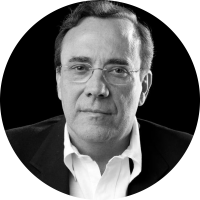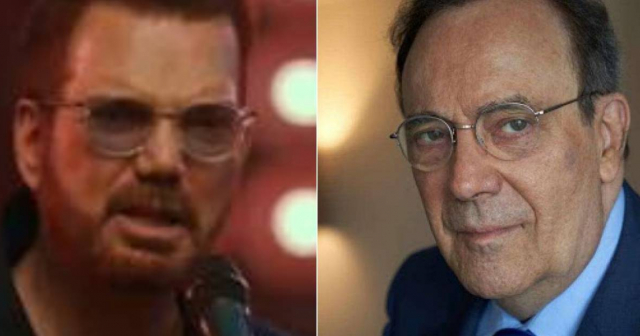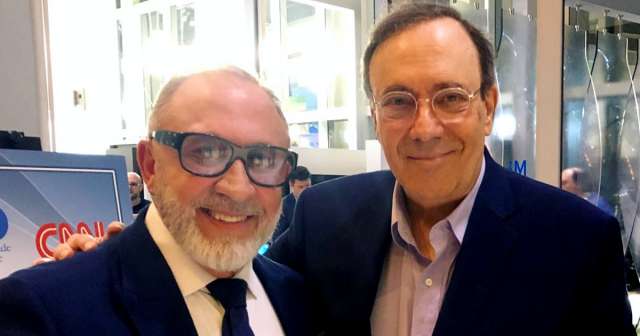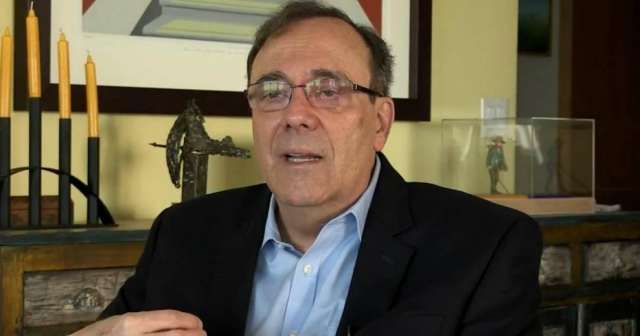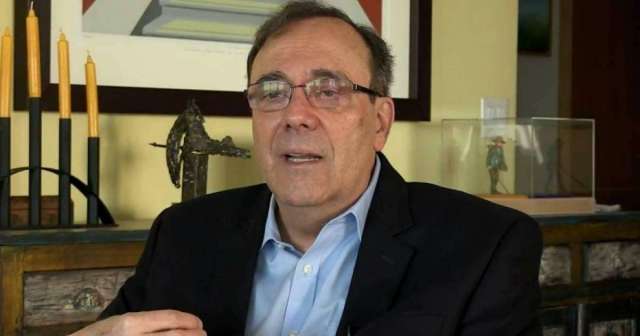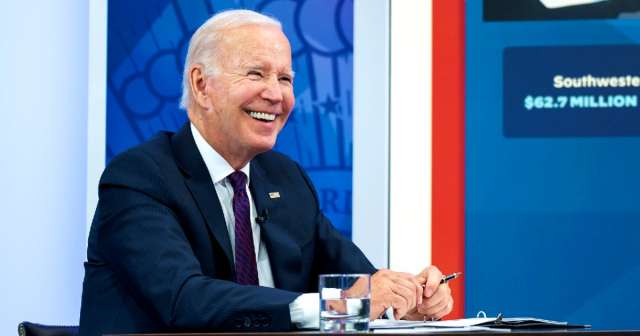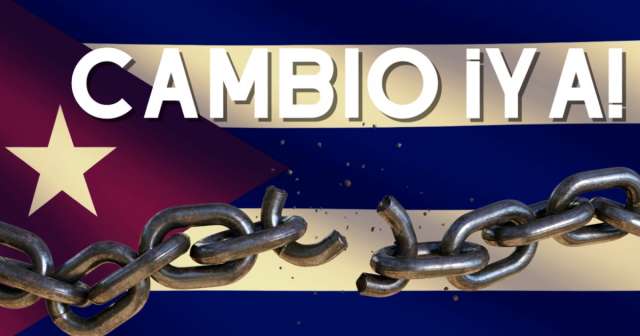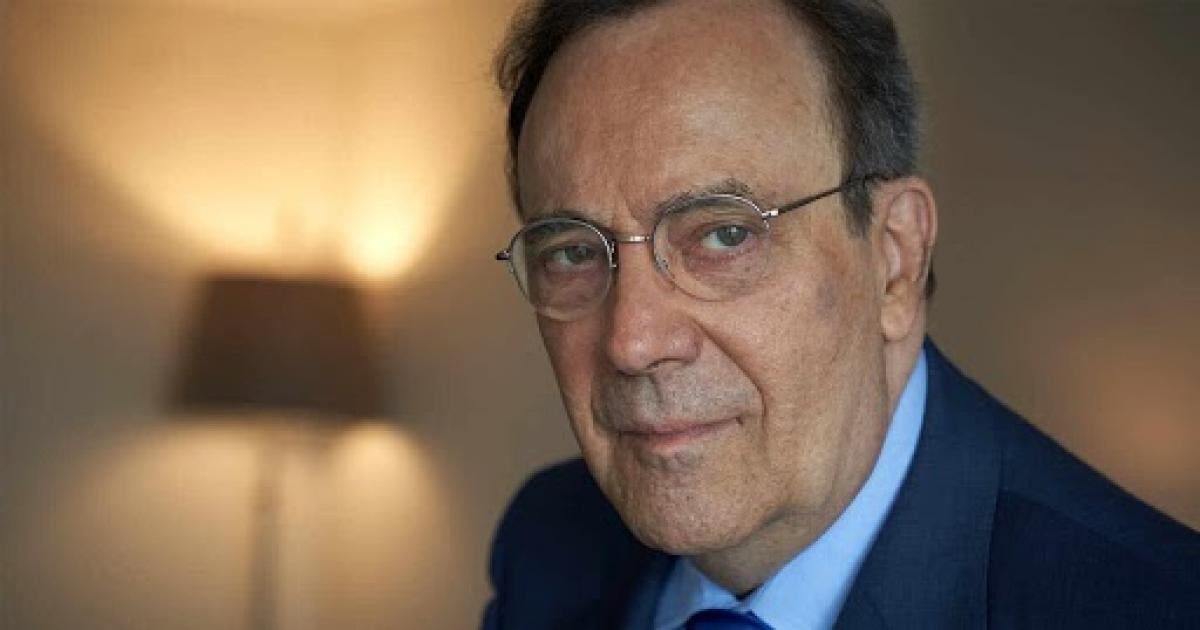
I retire without any joy. I withdraw from “columnism”. My columns, for years, were distributed by my closest collaborator, Lucia Guerra. I have turned 80 years old. I suffer Progressive Supranuclear Palsy. The name says it all.
It is a rare brain disease. I was diagnosed at the “Gregorio Marañón” hospital - one of the best in Spain - after an MRI. Three people per 100,000 suffer from it. It is not contagious, nor inherited. There is no cure for it. It is not known how it begins or why it originates. He is from the family of “parkinsonism”, but without tremors. Hence the confusion in the diagnosis. It is characterized by preventing me from conversing well and reading, beyond the headlines (Linda, my wife, and our daughter, Gina, they read the newspapers to me), not writing as “well” as has allowed me to spend more than half a century writing -among other things- one “syndicated” column a week. I have written thousands of columns and I owe my articles everything I have done subsequently.
It is PSP The one that affects me now is characterized (like the other one, that of the Cuban communists), by the “slow or slurred speech” that made me leave the comments on CNN in Spanish (where I shared so much with Andrés Oppenheimer, Camilo Egaña and other notable journalists), despite my friend's efforts to retain me Cynthia Hudson, president of the chain. Or in twenty radio stations, beginning with The morning zol, under the direction of the Dominican couple Espaillat, Montse and Antonio, following with The moment of truth on RCN in Bogotá, in a space directed by Fernando Londoño, to the very modest Internet station that guides Orlando Gutierrez towards Cuba, and has one of its most solid bastions in Julio Estorino. Furthermore, for years my comments reached Cuba through Radio Marti. Thank you for tolerating me in your ranks.
To the Cuban journalist Carlos Castaneda I saw him arrive in Puerto Rico at the end of the sixties with a job that seemed very difficult to me: raising The day from Ponce until he competed with The world de San Juan. If I had known Carlos' plans ahead of time I would have stayed to fight that battle, but I already had the tickets to Spain. He had been accepted at the Complutense University of Madrid to do his doctorate. My family and I were embarking on a new European adventure.
It was the first half of 1970. Castañeda moved The day for San Juan, he changed his name, called him The new day and made a tabloid with big headlines, photos to this and great caricatures. Soon he was alone in the field. The world hill. From that adventure before settling in Madrid, I keep a piece of advice that was very important in my professional life: “Look in New York for Joaquin Maurin -Castañeda told me-. He is a Spanish exile. Tell him that you want to write columns for his agency ALA (American Literary Agency). There are the best of the language, among others, German Arciniegas and Pablo Neruda”. I did it. Maurín asked me for a sample. I gave it to her. When I found it reproduced in 156 newspapers I swore to take care of my columns. And so I have done since then.
Joaquin Blaya He called me to Madrid. He was a Chilean, president of Univision. Then it would be Telemundo. He asked me for one comment a week and let me choose the topic. It would, of course, be topical. Maurín's promise had been fulfilled. ALA disseminated my ideas and these opened up other fields for me such as TV, much better paid than the flat press. But Blaya showed that he was an executive of the highest quality. On one occasion when I was given a minute to explain a hypothesis by an anthropologist priest, a professor at a NY university, about the program of Welfare, designed primarily by men, and its impact on low-income women. Without a doubt, a controversial topic. NY Channel 41 saw the political profitability, or acted out of fear, under the direction of management. The truth is Al Sharpton, a Baptist minister, went to the channel to ask for my head, without having heard my comment in Spanish, and Blaya defended me with total firmness.
When The Miami Herald gave birth to a document in Spanish, they believed it would be a temporary phenomenon. But then they found that the scope of Spanish was increasing. Since the world of newspaper editors is very small, people spoke with great respect about Carlos Castañeda and the feat he had accomplished in Puerto Rico. They called him and from there he was born The New Herald in the first part of the eighties. There they appeared Roberto Suarez, Gustavo Pupo Mayo, Sam Verdeja, Armando Gonzalez, Roberto Fabricio and the great Carlos Verdecia, former director of The New Herald.
I think it was Pupo Mayo. They offered me the address of The new. I didn't accept it. I didn't want to leave Spain. They offered me to direct the “Opinions” page. I set two conditions so that they would not accept: I would only be present the first week of the month. I would spend the other three in Spain. (After all, I inaugurated the remote work that became popular during the pandemic.) The second condition was that they were my deputies Araceli Perdomo, about whose integrity very positive things were said in the editorial staff, and Andrés Hernández Alende, so as not to make mistakes or injustices. To the point that, over time, after my resignation, Araceli and Andrés replaced me in the position. Over time The New Herald has been my house.
I have had the opportunity to write in the best newspapers in Latin America, Spain and the USA. Recently my weekly column has appeared in The bookcase, the best digital newspaper in Chile, and in The Independent, an excellent digital newspaper that they publish Casimiro García-Abadillo, Victoria Priego (two great veterans of Spanish journalism) and -on the international side- Ana Alonso. These two diaries complete the picture of the field of language in which I have had the privilege of fighting the battle for and for freedom. At the end of my memories, Without going further, published by Silvia Matute in “Debate”, also editor of “Penguin-Random House”, in Spanish, I cited the philosopher Julian Marias for his humble phrase. Today I do it again: “I did what I could.”
What do you think?
SEE COMMENTS (17)Filed in:
opinion article: The statements and opinions expressed in this article are the exclusive responsibility of its author and do not necessarily represent the point of view of CiberCuba.
